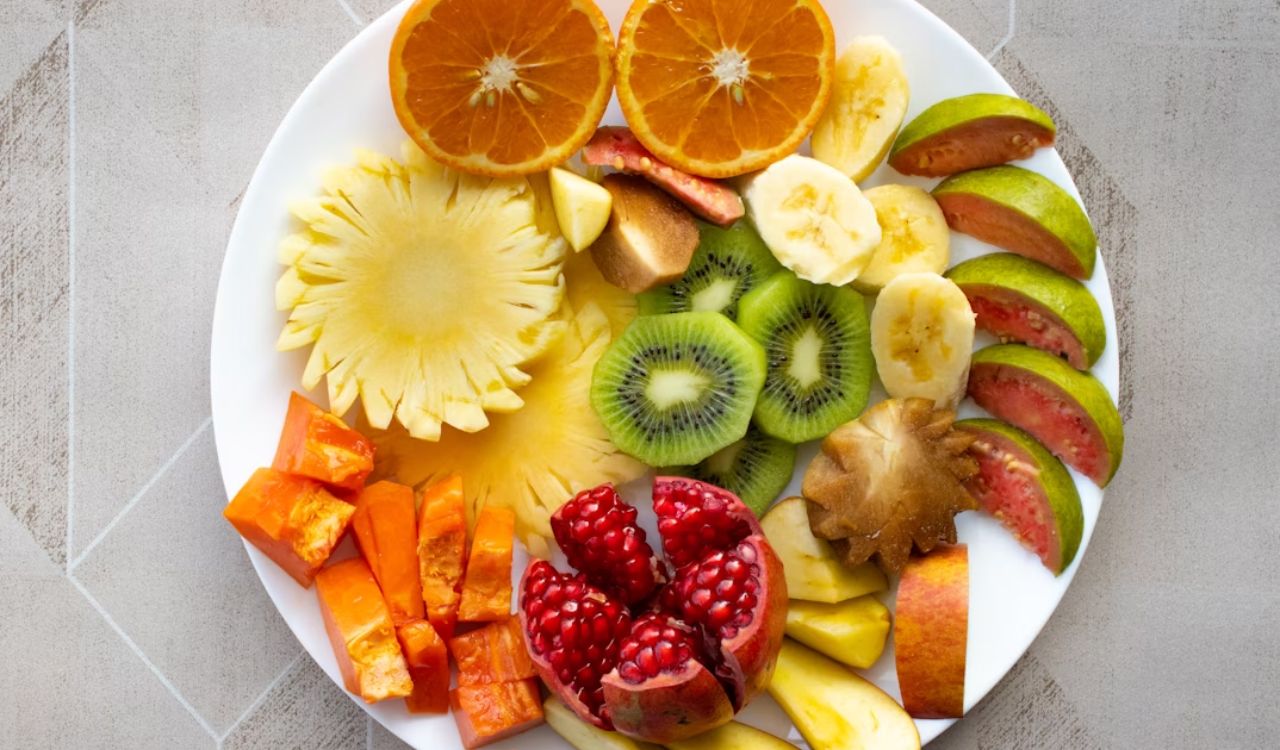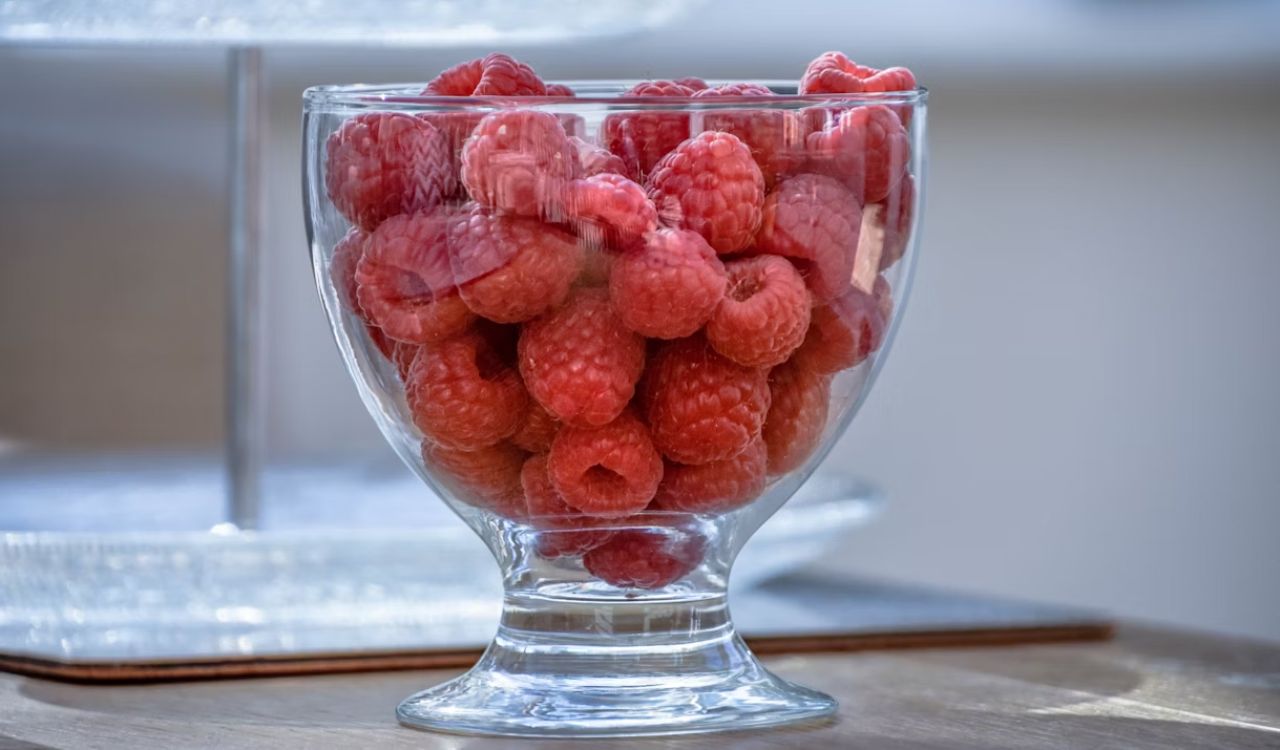10 Common Mistakes People Make When Eating Fruit

Fruits are among the most nutritious foods you can eat. They are packed with fiber, vitamins, minerals, and antioxidants that support your health and energy. However, many people make small mistakes that reduce the benefits fruits can provide. Eating them at the wrong time, mixing too many varieties, or skipping a proper rinse can affect digestion and nutrient absorption. Learning how to eat fruit the right way helps you enjoy its taste and maximize its value for your body every day.
1. Eating Fruit Right After a Heavy Meal

Many people eat fruit as dessert after lunch or dinner, but this habit can lead to bloating and discomfort. Fruits digest faster than heavy meals that contain meat, dairy, or fats. When eaten right after a full meal, fruits can ferment in the stomach and cause gas. The best time to eat fruit is on an empty stomach, such as before breakfast or as a light snack between meals. This timing allows your body to absorb nutrients efficiently and prevents slow digestion or heaviness.
2. Juicing Instead of Eating Whole Fruits

Juicing removes most of the fiber that helps your body regulate blood sugar and digestion. Without fiber, fruit sugar enters your bloodstream more quickly, leading to energy spikes and crashes. Whole fruits also help you feel full longer and support better gut health. If you prefer drinks, blending is a healthier option than juicing because it keeps the fiber intact. For the best results, enjoy fruits in their natural form so you can benefit from all the vitamins, minerals, and plant compounds they contain.
3. Mixing Too Many Fruits Together

A colorful fruit salad looks appealing, but mixing too many types at once can upset your stomach. Each fruit has a unique combination of enzymes, sugars, and acidity levels that may not digest well together. For example, melons digest faster than bananas or apples, which can lead to fermentation and gas when mixed. The key is to keep your combinations simple. Pair fruits with similar textures and acidity, such as berries with apples or mango with papaya, for smoother digestion and better nutrient absorption.
4. Ignoring Portion Sizes

Fruits are healthy, but eating them in large amounts can lead to excess sugar and calories. Even natural sugar, called fructose, can impact your blood sugar levels if consumed too much. A balanced approach is to eat two to three servings of fruit daily, depending on your activity level. One serving could be a small banana, an apple, or a handful of berries. Pairing fruit with protein or healthy fats helps prevent sugar spikes. Moderation ensures that you enjoy fruit’s benefits without overloading on sweetness.
5. Eating Unripe or Overripe Fruits

The ripeness of fruit affects both its nutrition and digestion. Unripe fruits can be hard, sour, and difficult to digest, while overripe ones lose nutrients and become high in sugar. For example, a firm banana offers more resistant starch and fiber, while a very ripe one is mostly sugar. Choose fruits that are just ripe, fragrant, and slightly soft for the best balance of flavor and nutrients. Proper ripeness ensures you get antioxidants, fiber, and vitamins without upsetting your stomach or energy levels.
6. Not Washing Fruits Thoroughly

Unwashed fruits can carry dirt, pesticide residue, and bacteria that transfer from the skin to the inside when sliced. Always wash fruits under clean running water before eating them, even if you plan to peel them. For firm fruits like apples, cucumbers, or pears, use a soft brush to scrub the surface. Avoid using soaps or cleaning solutions, as they can leave harmful residues. Washing fruits thoroughly reduces the risk of consuming contaminants and helps protect your body from potential stomach issues.
7. Combining Fruits with Dairy or Heavy Foods

Many people enjoy pairing fruit with yogurt or cereal, but not all combinations are easy to digest. Acidic fruits like oranges, pineapples, and kiwis can react poorly with dairy, leading to bloating or an unsettled stomach. If you want to enjoy fruit in smoothies or breakfast bowls, choose milder options like bananas, peaches, or berries, and use plant-based milk if possible. Eating fruit separately or with lighter foods allows your body to process it comfortably and absorb nutrients effectively.
8. Storing Fruits Improperly

Improper storage can make fruits spoil faster or lose nutrients. Some fruits, like bananas, papayas, and mangoes, ripen best at room temperature. Others, such as apples, grapes, and berries, should be kept in the refrigerator to stay fresh longer. Keep ethylene-producing fruits like apples and avocados separate from those that spoil easily, since this gas speeds up ripening. Store fruits in breathable containers or mesh bags to prevent mold and moisture buildup. Proper storage preserves both flavor and nutrition.
9. Eating Fruit Too Close to Bedtime

Eating fruit right before going to bed may interfere with sleep or digestion for some people. The natural sugars can give your body a small energy boost when it should be winding down. Acidic fruits like citrus can also cause heartburn if eaten too late. So if you crave something sweet at night, go for light fruits such as berries or melon slices at least one hour before bedtime. This gives your body time to digest comfortably and helps you sleep better.
10. Throwing Away Edible Peels and Seeds

Many people toss peels and seeds without realizing they hold some of the fruit’s best nutrients. Skins from apples, pears, kiwi, and even citrus zest contain fiber, antioxidants, and flavor that disappear the moment they hit the trash. Seeds from fruits like watermelon or papaya are also edible when roasted or blended, adding crunch or nutrition with almost no effort. Most of the waste comes from habit, not necessity. Learning which parts are safe to use helps you cut waste and get more value and flavor from the fruit you already buy.







